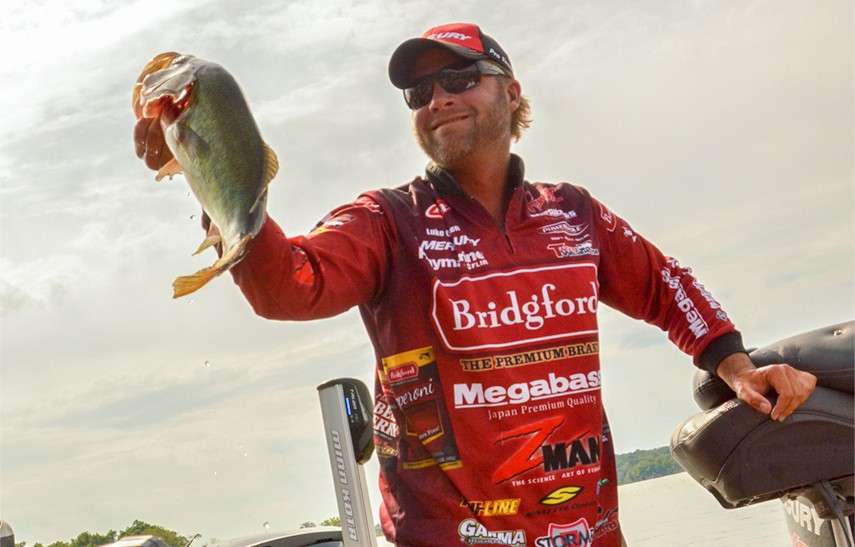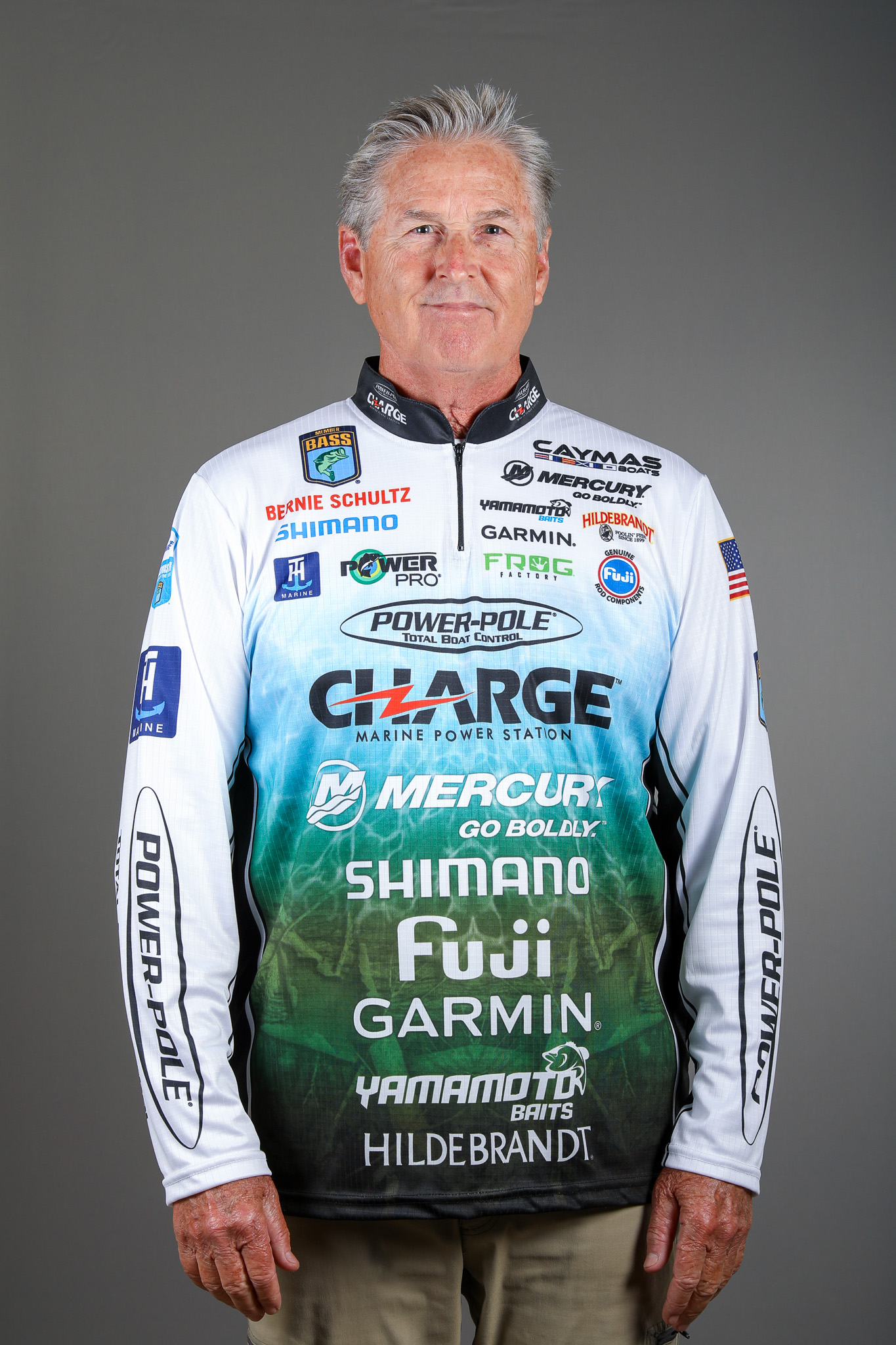
Lately there’s been a lot of talk about the Bassmaster Elite Series’ “no-information rule” [Official Rules of Competition C3(i)]. It is a restriction intended to level the playing field for all Bassmaster Elite Series competitors.
Our rulebook states that tournament waters are off limits beginning 28 days before the official practice period until practice begins (usually on a Monday for Elite events). During that time, “other than using publicly-available information (e.g. newspaper and Internet reports), competitors cannot solicit, receive or gather any information via phone, electronic devices or any other means about locating or catching fish on tournament waters.”
During the official practice period and competition, “anglers cannot solicit, receive or gather any information from anyone other than another competitor in the tournament.”
While the rule may be well intended, it’s extremely difficult to enforce … and therein lies the problem. Even more complicating is that an angler could break the rule unintentionally.
Hear No Evil
Anytime we enter a tackle shop, marina, gas station or area restaurant, we put ourselves at risk. People often recognize us and try to offer advice on how or where to catch fish. And while the effort may be innocent, it puts us as competitors in a precarious position.
We’re not allowed any information that is not available publicly, whether it’s offered casually or not. And many times we can’t stop a person before he or she blurts something out. Even when we tell them we’re not allowed any information, they’re still eager to share.
Elite Series pro Luke Clausen is the latest casualty of the “no-information” rule. His entire catch was disqualified after failing a random polygraph exam during this year’s Wheeler Lake event. When asked if he had received information during the off limits period, Luke conceded that he had discussed various blog posts with a friend, but claimed they were public and had no bearing on his performance during the competition.
After the DQ was announced, Clausen filed an appeal but lost.
The sad part is he may not have solicited any information. It may have been thrust on him during a casual conversation with a friend. Did he do something “wrong?” I don’t think so.
Because of scenarios like this, I’m opposed to the no information rule … as least in its current form. I feel infractions like that are often unavoidable. What’s more, it’s difficult to enforce the rule on those who intentionally break it (not everyone is polygraphed at each event and polygraph results are sometimes inconclusive).
This opinion is shared among other Elite Series pros. We support the concept of an off limits period but doubt that the rule can be enforced consistently and effectively.
A Judge’s Decision
Our tournament officials and staff do everything within their power to make sure our competitions are fair and honest. They want the Elite Series to be the best it can be, and to set standards other tournament organizations should follow.
A big part of that is making sure things are equal for all of the competitors. It’s why the no-information rule was introduced in the first place.
As I see it, however, policing such a rule is beyond difficult. It’s unrealistic.

